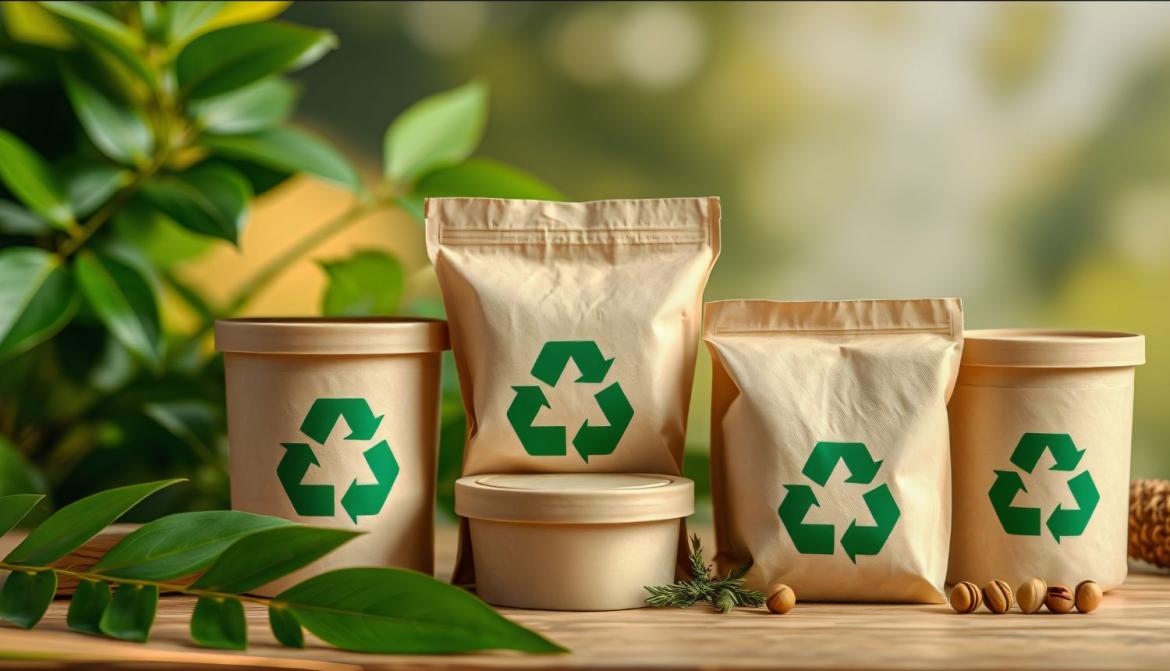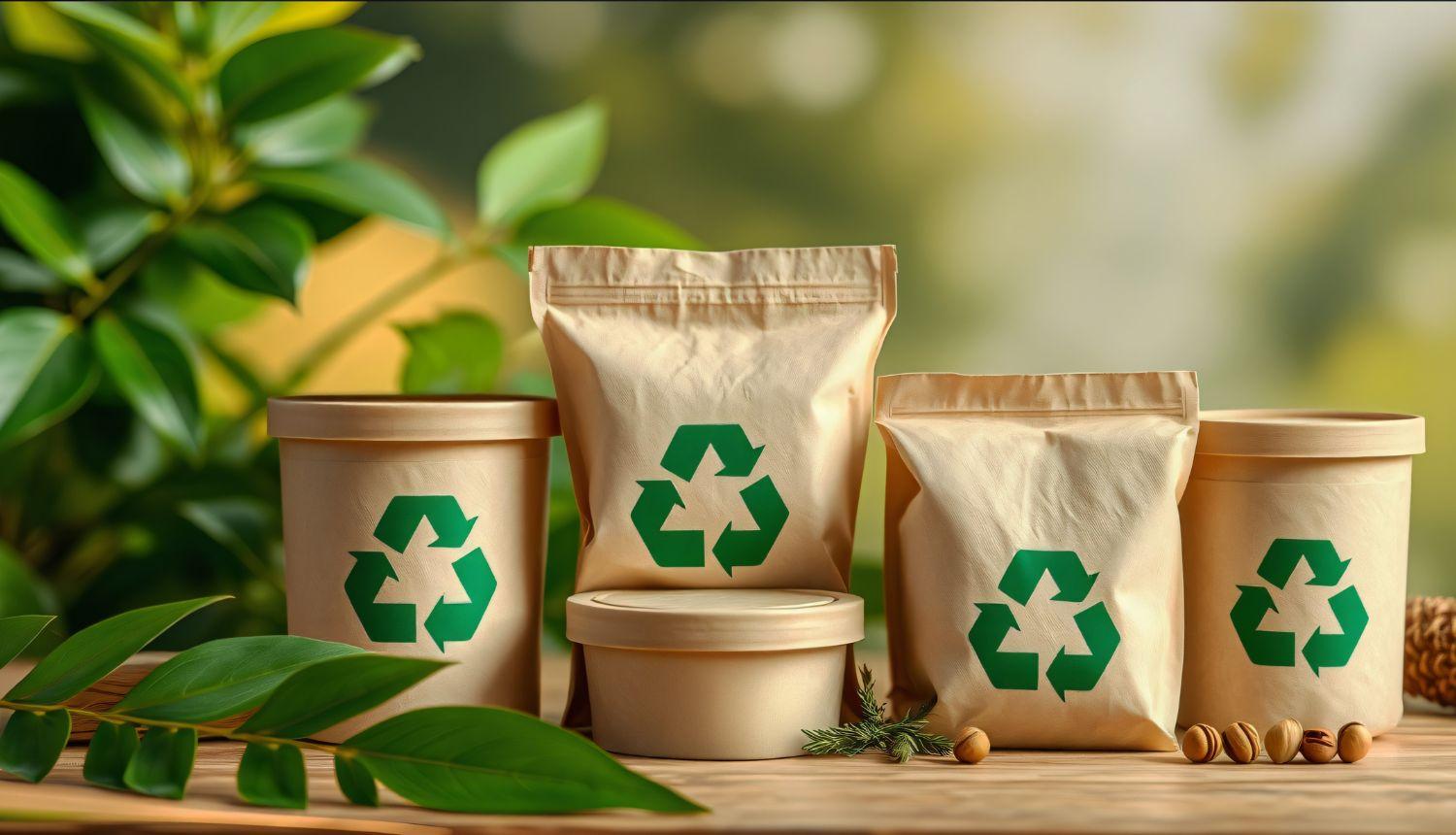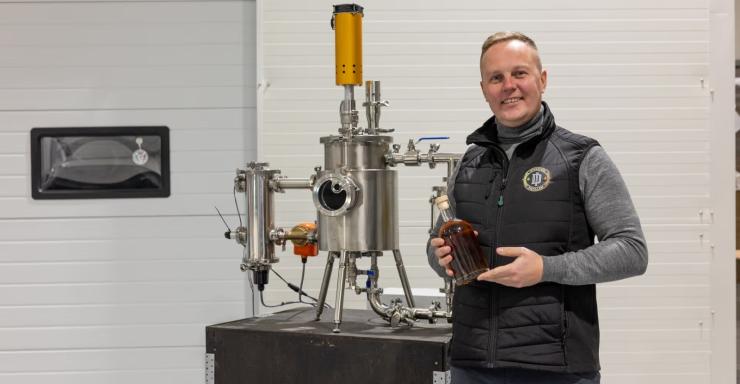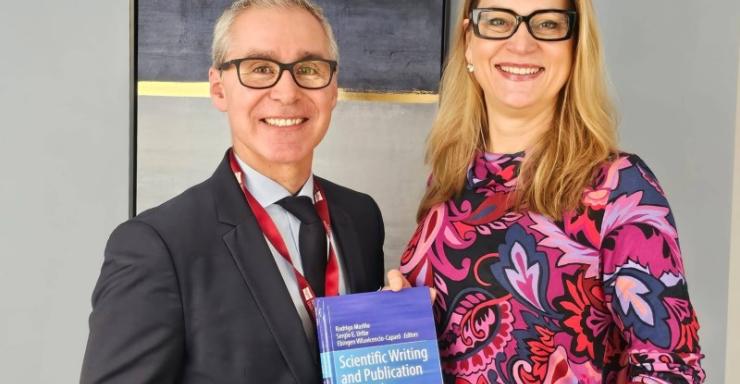Every day, we purchase food products packaged in various materials, yet many of them cannot be recycled after use. To address this, researchers at the Latvia University of Life Sciences and Technologies (LBTU) are developing new types of packaging. Ideas developed in the laboratory are already being tested together with industry partners.

In shops, food comes packaged in a wide range of materials: films, plastic containers, glass, cardboard, and more. However, all of this generates significant waste, which is not always recyclable or suitable for reuse.
Professor Sandra Muižniece-Brasava from the LBTU Institute of Food Safety, Animal Health and Environment explained: "Therefore, as we work on various new technologies and approaches, we are looking at how packaging can be made far more sustainable and circular, and how this process affects us, people, and the surrounding environment."
The university notes that a large share of food packaging consists of multiple layers, which is one of the main reasons it is difficult, if not impossible, to recycle. Researchers are exploring new coating materials for cardboard cups, replacing the commonly used petroleum-based products with varnishes.
Professor Muižniece-Brasava added: "The coating is still a bit of a secret. I won’t reveal everything just yet. But essentially, these are water-based varnishes."
She also explained that these varnishes can be recycled, meaning the coating does not interfere with reusing the paper in further recycling cycles.
These coatings are intended not only for cardboard coffee cups but also for packaging used in acidic environments, such as sour cream containers.
LBTU doctoral student Renāte Ruska pointed out: "Within the framework of the national research programme, we are not only examining the potential of using paper and cardboard materials for dairy product packaging, but also looking at how the polymer materials currently used for dairy packaging could be replaced with recyclable alternatives. We are working with several packaging manufacturers who are developing new solutions because they recognise that the shift toward recyclable materials is necessary. We take these polymer materials from them, package dairy products available on the market, and test the changes in quality compared to existing packaging."
The university notes that the new varnish coatings are planned to be patented and later introduced into practical use.
Muižniece-Brasava emphasised: "The good news is that this isn’t just happening in a science laboratory. There are companies in Latvia already working with these varnishes. We are happy that the things tested and verified are being implemented in real life."
The goal is to ensure that packaging materials are produced as much as possible from locally available raw materials and that they are recycled right here in Latvia afterwards.


